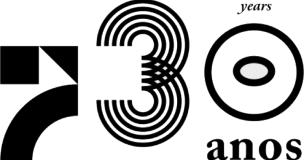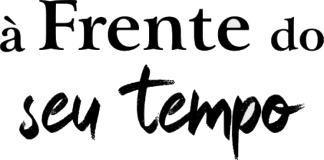Revista Portuguesa de Pedagogia Call for Papers – Special Issue
Special Issue Editor: Elena Theodoropoulou
Submit Abstracts to theod@aegean.gr
- Abstract deadline: Μarch 31st, 2022
- Maximum of 500 words and up to 6 keywords
- Manuscript due: September 15th, 2022
- Special issue estimated publication: December 2022
Against a theoretical, knowledge-centred, historical approach of philosophy in education, nowadays, the influence of constructivist, student-centred, collaborative, critical educational theories transforms, self-evidently, philosophy, exactly through its association with education, to a practical activity, to a philosophy which is practical because it can and must be applied to a series of teaching and learning procedures and needs. This application element is apparently sufficient in this context for defining practical philosophy and explaining its characteristics but in fact it turns out to be restrictive and misleading as it creates preconceptions and stereotypes about philosophy itself and its role in societies. In reality, a redefinition of philosophy through the concept of praxis is included in its own history from ancient Greek philosophers to contemporary performance theories but also through the developments in the philosophy of education. Τhe understanding of what could practical philosophy be today and through which forms and ways it needs to be conceived, given the sociopolitical challenges influencing education in our times, is far from being fixed and unanimous. It seems that if philosophy as a way of life, as a method of articulation of the theoretical to practical, as spiritual, existential exercise, encapsulates the practical demand, which is recognized in decision making and choice, in forms of life and styles, actions and practices, gestures, body movements, experiences and meanings, questions, discussions, practices of the self, attitudes describing a meticulously examined life (in different contexts and codes, professional environments and through different engagements and educational perspectives and settings), then one can easily recognize there some leading features of practical philosophy. But still, the question remains: What practical philosophy is and through which forms does it appear in education? What are its possible connections with education and what are the limits, the difficulties or the perspectives of such connections in the contemporaneous educational complex situations? In what sense the interdisciplinarity concerns practical philosophy? After all, is or could be, under appropriate conditions, this relation with education significant for practical philosophy itself?
mais informação





